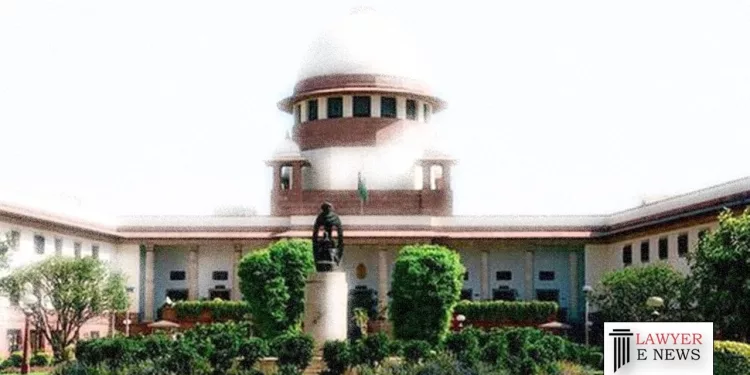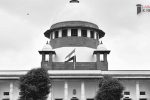Supreme Court Allows Further Investigation After Acceptance of Final Report: Clarifies Scope and Application of Section 173(8) CrPC

On 28 April 2023 , In a significant ruling, the Supreme Court, in case STATE THROUGH CENTRAL BUREAU OF INVESTIGATION Vs HEMENDHRA REDDY & ANOTHER. ETC., has settled the law on the permissibility of further investigation even after the acceptance of a final report under Section 173(2) of the Code of Criminal Procedure, 1973 (CrPC). The apex court clarified that there is no bar against conducting further investigation under Section 173(8) of the CrPC, and prior review or quashing of the order accepting the final report is not necessary. The judgment was delivered by a two-judge bench comprising Justice Surya Kant and Justice J.B. Pardiwala.
Background:
The case involved an application for further investigation filed by the Central Bureau of Investigation (CBI) in a matter relating to the Prevention of Corruption Act, 1988. The accused persons contended that after the acceptance of the final report by the magistrate, further investigation could not be carried out. The High Court had taken a contrary view in a previous judgment, leading to conflicting opinions on the matter.
Key Findings and Observations:
- Permissibility of Further Investigation: The Supreme Court held that even after the final report is laid before the magistrate and accepted, it is permissible for the investigating agency to conduct further investigation under Section 173(8) of the CrPC. The Court emphasized that further investigation is a continuation of the earlier investigation and does not amount to subjecting the accused to investigation twice over.
- Review or Quashing of Order: The Court clarified that prior to carrying out further investigation under Section 173(8) of the CrPC, it is not necessary for the order accepting the final report to be reviewed, recalled, or quashed. The investigating agency can proceed with further investigation based on fresh materials without any such requirement.
- Applicability of Double Jeopardy: The Court ruled that the principle of double jeopardy, which prohibits a person from being prosecuted or punished twice for the same offense, does not apply to further investigation. It observed that investigation cannot be equated with prosecution and punishment, and therefore, the accused cannot claim protection under Article 20(2) of the Constitution.
- Court’s Obligation to Hear the Accused: The Court clarified that there is no obligation for the court to hear the accused while considering an application for further investigation under Section 173(8) of the CrPC. The provision does not require the court to grant a hearing to the accused before directing further investigation.
- Conflicting High Court Judgments: The Supreme Court expressed its concern over conflicting opinions by different benches of the High Court on the same subject matter. It emphasized the importance of judicial discipline and the need for consistency in judgments, suggesting that in such situations, a reference to a larger bench should be made instead of taking a contrary view.
Impact and Significance:
The Supreme Court’s judgment brings clarity to the legal position on the permissibility of further investigation after the acceptance of a final report. The ruling empowers investigating agencies to continue the investigation if fresh materials come to light, even after the magistrate has taken cognizance of the offense. The decision upholds the principle of fair investigation and ensures that the truth is uncovered during the trial process. However, it is essential to balance the right to a speedy trial with the need for a fair investigation, taking into account the potential delay caused by further investigation.
28 April 2023
STATE THROUGH CENTRAL BUREAU OF INVESTIGATION Vs HEMENDHRA REDDY & ANOTHER. ETC.






